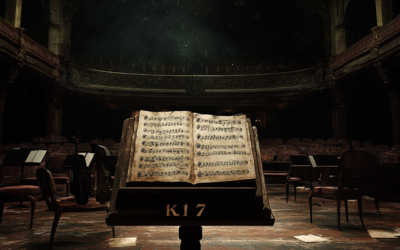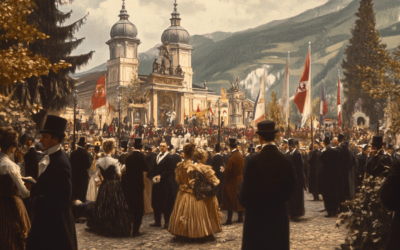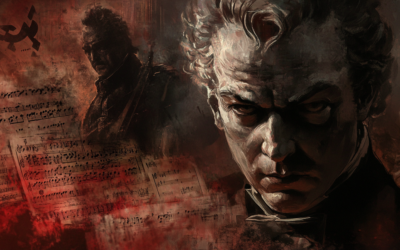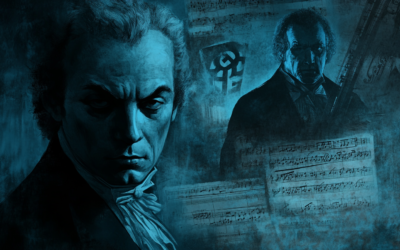International Traetta Award
After a 12-year hiatus, the award returns to Italy!
The Traetta Society is delighted to announce that this year’s 14th International Traetta Award (Traetta Award) has been presented to Anna Trombetta and Luca Bianchini.
Mozart: The Fall of the Gods
This book offers a fresh and critical look at the life of Wolfgang Amadeus Mozart, challenging the myths that have surrounded him for centuries. We strip away the romanticised image of the “natural genius” and delve into the contradictions within Mozart’s extensive biographies. Backed by nearly 2,000 meticulously sourced citations, this work invites readers to explore a deeper, more complex understanding of Mozart. Perfect for those who wish to question the traditional narrative, this biography is a must-read for serious music lovers and historians.
"Leopold Mozart was the real composer behind many of Wolfgang and Nannerl’s early works, shaping their success while crafting his own legacy."
Mozart: The Fall of the Gods
They are being recognised for their “passion in musicological research on primary sources of the European musical repertoire, with significant contributions to the redefinition of 18th-century music historiography.”
The Traetta Prize (Italian: Premio Traetta) is an award assigned by the Traetta Society in recognition of achievements in the rediscovery of the roots of European music. The prize, conceived and promoted by the architect Gianfranco Spada, owes its name to the composer Tommaso Traetta (1727–1779) and is awarded each year during the Traetta Week, a festival dedicated to the composer that takes place during the eight days between the day of his birth to that of his death. (30 March – 6 April)
Traetta was one of the main composers of the Neapolitan School, who despite the huge success in life for his compositions has been unjustly unrecognised, along with other composers of the time, for his contribution to classical music by the music historiography of German origin, who founded the basics of classical music mostly on Germanic authors.
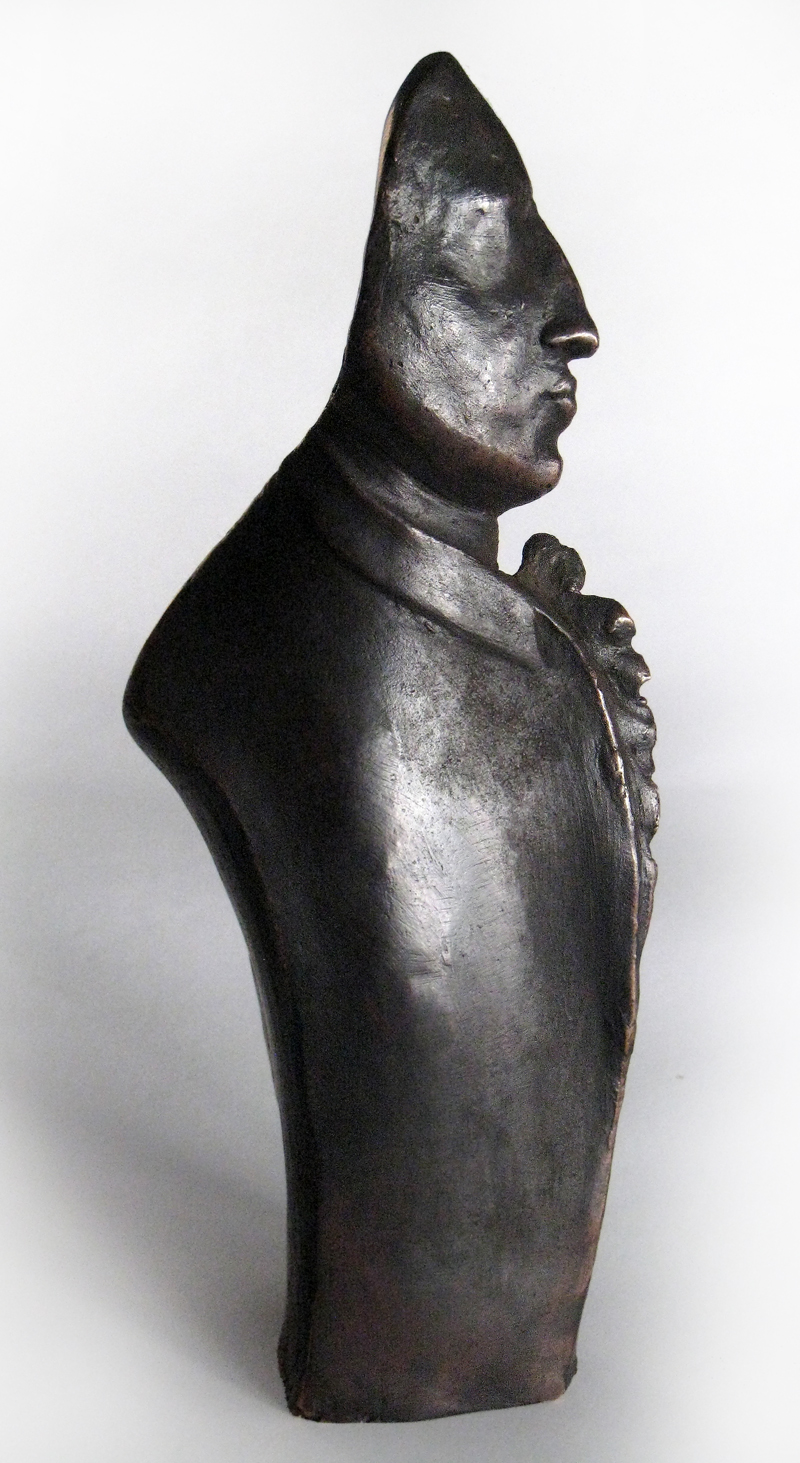
The objective of the Prize is to reward people who have committed themselves in expanding the knowledge of the musical production of the eighteenth century. The Prize borrows the name of Traetta as a symbol of a large list of composers unjustly forgotten such as Leonardo Vinci, Pasquale Anfossi, Antonio Sacchini, Nicola Vaccai, Leonardo Leo, Domenico Cimarosa or Vicente Martín y Soler among others.
You May Also Like
Constanze Mozart’s Enduring Love
Although some have doubted her devotion, Constanze’s own words and actions illustrate a widow deeply committed to preserving Mozart’s legacy. Diaries, personal correspondence, and eyewitness testimony all challenge the notion that she neglected his memory—while the circumstances around his burial grow ever more perplexing.
A Revealing New Interview on His Thematic Catalogue
We’re excited to present a brand-new interview that challenges many of the long-held assumptions about Mozart’s Thematic Catalogue (1784–1791). Conducted by Swedish journalist Henry Grynnsten, this conversation delves into groundbreaking forensic techniques—like advanced ink analysis and digital image processing—that may change the way we view Mozart’s late works.
The Rattling Symphony: A Critical Take on K. 17
Often attributed to Mozart, the K. 17 symphony is anything but refined. Lacking orchestration and filled with gaps, it raises more questions than answers about its true authorship.
The Hidden Origins of the Salzburg Festival: A Nationalist Dream
The Salzburg Festival, far from being a mere celebration of Mozart’s genius, was born out of nationalist ambitions during a turbulent period in Austro-German history. Conceived by figures like Max Reinhardt, Heinrich Damisch, and Friedrich Gehmacher, the festival was deeply rooted in ultranationalistic ideals, transforming Mozart’s legacy into a tool for cultural dominance. The truth behind its founding has long been obscured, but the primary sources tell a different, darker story.
Mozart, Wagner, and the Nazi Myth
The Führer’s admiration for Wagner’s racially charged ideology not only influenced the policies of the Nazi regime but also reshaped the legacy of Mozart. Under National Socialism, Mozart was not celebrated as a universal genius but as a symbol of German purity and superiority. His music, stripped of its international influence, was rebranded as an expression of Aryan identity, intended to unify and inspire the German people.
Mozart, the Anschluss, and Nazi Propaganda
Following the 1938 Anschluss, the Nazi regime rebranded Mozart as the quintessential German composer, using his image to promote unity between Austria and Germany. The Salzburg Festival became a platform for Nazi propaganda, distorting Mozart’s legacy to fit their nationalistic and racial agenda.




